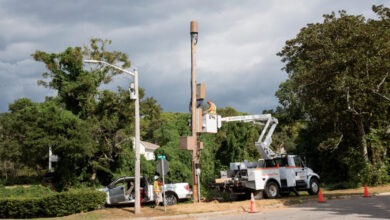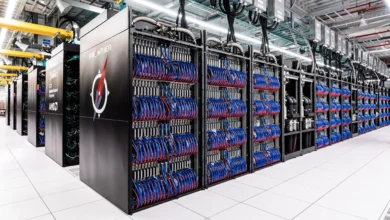
Have We Reached Peak Education?
In a new study released by the EY consultancy firm for Australian higher education chancellors, the firm f/k/a Ernst Young presents fascinating theories:
Renewable energy and electric vehicle adoption have brought the world to the point of ‘peak oil’ and ‘peak car’. What if the size of the traditional higher education sector has also reached its upper limits? What if the advent of COVID-19 means we’ve reached peak international students, peak undergraduate degrees, peak campus and peak rankings?
There’s plenty of evidence to support this hypothesis. The pandemic proved that, while universities have been with us for centuries, they are not immune to the business reinvention that is taking down giants in media, automobiles and energy. In a world of ‘work from anywhere’, people also want to ‘learn from anywhere’ – and new education platforms are rising to meet this demand.
https://www.ey.com/en_au/government-public-sector/the-peak-of-higher-education
These theories have already been circulating in the United States for quite some time. Still, the egos running universities feel like their university offers something different and unique that you can’t get from anywhere else. Well, we know that is nonsense. How many English 100-400 classes do we need simultaneously across the USA taught by many professors?

We’ve Been Digitizing Knowledge for Decades
Think about it. We’ve been digitizing knowledge services for several decades online, yet I still see college kids bent over with heavy backpacks filled with textbooks for classes. Expensive textbooks written by whom and sold by what publishing company. How many calculus or humanity books do we need? Several industries and the federal government are making a fortune off higher education while parents/voters/citizens demand free education.
EY is offering a solution to knowledge services that meet the demands of both corporations and parents but demolishes the traditional 2 to 6-year track in higher education and eliminates thousands of duplicate jobs, and eliminates the profits and jobs of publishers and colleges across the globe.
Outlining EY’s vision, the report states: “Universities are just one category of a plethora of knowledge services providers accessed via digital platforms, which reduce the marginal costs of distributing content to almost zero while enabling almost infinite scale and reach.”
I mentioned this to several of my colleagues a few months ago from the local university, and they literally thought I was crazy. So listen to EY’s prediction and think about it:
Traditional higher education revenues decline by billions and the non-research workforce shrinks by more than 50 percent as new learning services proliferate. Winning universities pivot early, think ahead of the market, embrace learning platforms and acquire new capabilities.
Revenue declines for incumbents as industries digitize; rise of services like Clubhouse, Substack, YouTube and podcasts to replace pre-recorded lectures; availability of $500 Google career certificates and free corporate MBAs as substitutes for university degrees.
https://www.wsws.org/en/articles/2021/08/20/unis-a20.html
Is The Solution Already Here?
What’s fascinating is EY prepared this report for the Australian government and their chancellors; meanwhile, several of the Australian higher educational facilities already participate in Project Edx, which has over 160 universities like Harvard and MIT already offering courses and offering certifications and diplomas, all online for individuals and corporations wanting to upskill existing employee’s talents.
It doesn’t take much imagination to see those kids’ backpacks dwindle to a personal laptop shoulder bag as they walk down to a coffee shop to take a class with a couple of friends. Lifelong learners earning micro certificates and coins for certain levels reached. I believe the vision for higher education will replace almost all university settings except for a few functions and maybe research. If the funding flows to the student instead of the university, think of how that changes higher educational institutions brick and mortar. It would be the Amazon effect on retail malls and shopping centers — major disruption.






